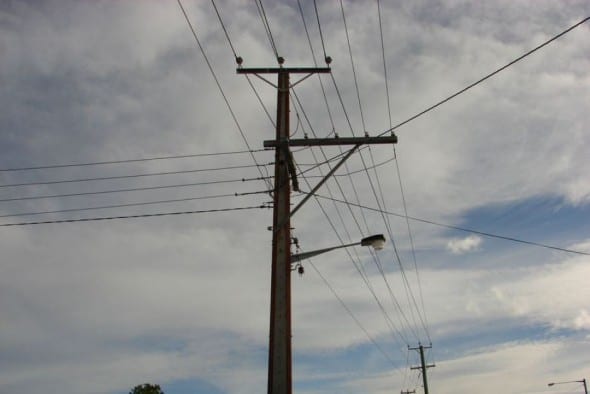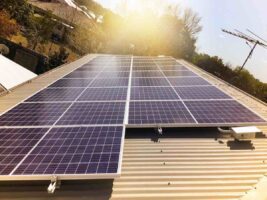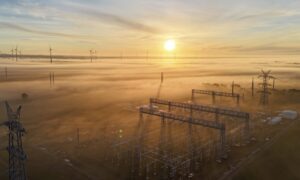The federal government has rejected a recommendation from a Senate committee that National Electricity Market laws should include an environmental objective, to keep Australia’s grid more closely aligned with its Paris climate commitments and national efforts to cut power sector emissions.
The recommendation, made by the Australian Greens as part of a federal government inquiry into the performance and management of electricity network, was aimed at addressing community concerns about rising electricity prices and the reasons behind them.
Labor has also promised a review into the National Electricity Market and its “objectives”, and wants environment to be included. Without it, Labor climate spokesman Mark Butler said earlier this week, the market is not fit for purpose and has no signal to decarbonise.

“Australia’s renewable energy industry is set against a background of an electricity sector that is confronting profound challenges across a range of different fronts,” Butler said in a speech to the Sydney Environment Institute in March.
“There is a pressing need to start a very difficult process of decarbonising our electricity sector. But the most basic rules of the National Electricity Market don’t reflect that imperative at all. The National Electricity Objective, the law and the market rules are all based exclusively on the reliability of electricity and affordability; they say nothing about the third pillar of modern electricity policy which is carbon. The implementation of policies directed at decarbonisation, like for example the renewable energy target, end up feeling like trying to bang a square peg into a round hole.”
Likewise, the Senate committee said that factoring the environment into the objectives of the NEM would inform rule making and coordinate Australia’s efforts to reduce emissions in the electricity sector at the same time as guaranteeing a secure supply of electricity in an affordable way.
But the Coalition rejected the idea, arguing that the NEM’s current objective – “to promote efficient investment in and operation of electricity services for the long-term interests of consumers” – was good enough.
“The Australian government believes that the objective as defined remains appropriate to current and future policy needs and provides a robust basis for market regulation and development,” it said.
The government also said that making changes to the objective would “risk introducing unnecessary complexity and potential confusion for the market operator, the regulator and participants.”
But to many, like energy economist Bruce Mountain, the NEM is already extraordinarily complex and in dire need of reform – particularly in light of the ever more pressing need to shift it away from coal-fired generation and towards renewables.
“When I say: “Trying to understand the NEM,” I mean it as both a verb and a noun: We’re trying, and it is trying,” Mountain told the Solar and Energy Storage Conference in Melbourne on Thursday.
And many have argued, like former Greens leader Christine Milne, that the NEM can only be fixed with rule changes that bring it in line with the global climate pact and increasingly cheap and efficient renewable energy technology.
“It’s not a federal election issue, in that the community finds it really hard to understand,” Milne told the same conference on Thursday. “But (the NEM)… frankly is broken, it needs a mega change to the national electricity market, and that is something that we need to pursue.
“We know what needs to happen and we have to get on with it.”
Even in the electricity industry, major players like AGL Energy are recognising the need for change.
AGL managing director Andrew Vesey told the 3rd Emissions Reduction Summit in Melbourne this week that, with the right policies, the clean energy transformation in the power sector could happen “almost overnight.”
“If you get (the policy settings) right, it will happen really quickly. It’s not going to be 30 years. And I think that when you get it right you will be looking in the rear view mirror at these targets,” he said.
“If that is changed, as Labor proposes, that could clear the way for the type of tariff reform that could actually encourage the investments in new technologies, distributed generation and different business models – many of which are stranded by greed of the incumbents and the backward vision of the regulators.”








